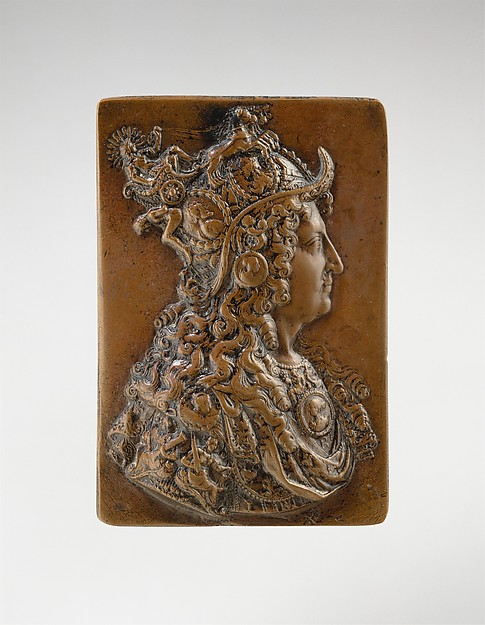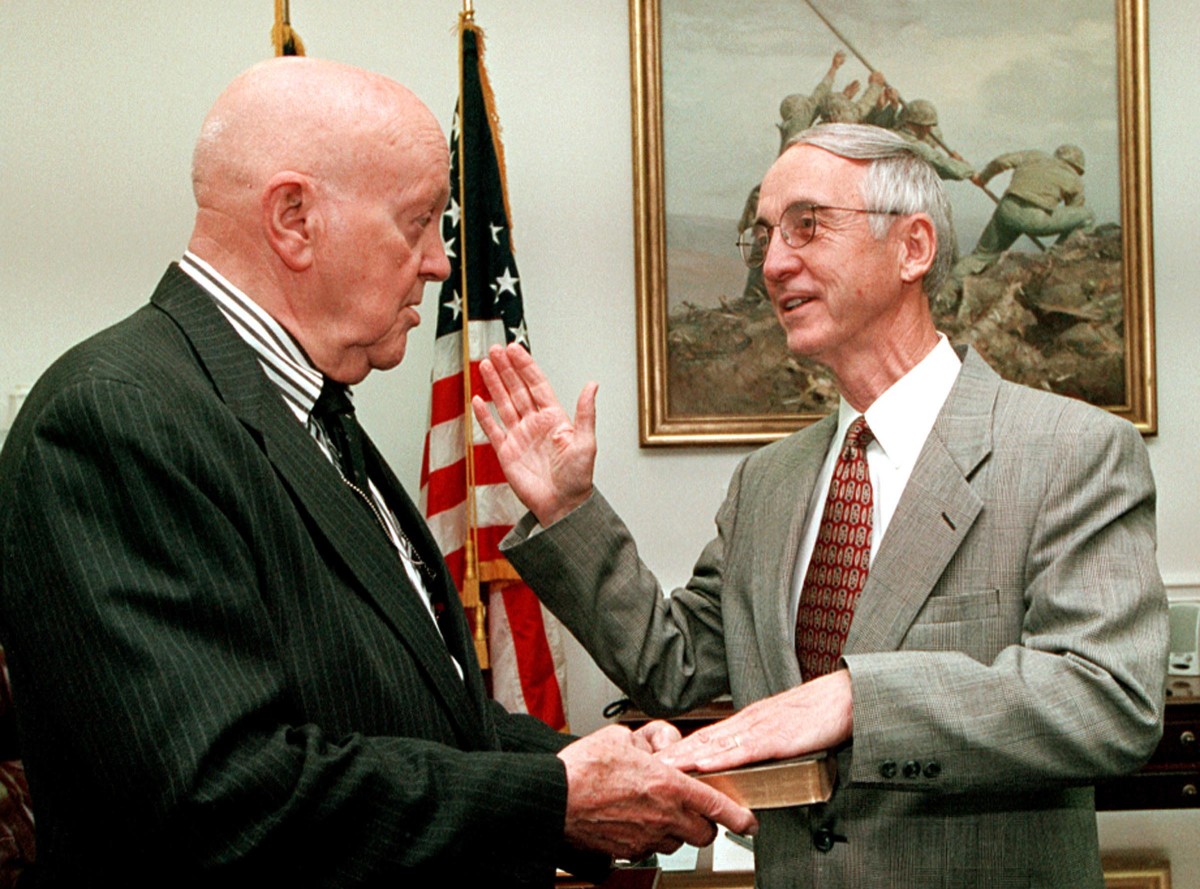Not everyone who says to Me, “Lord, Lord,” shall enter the kingdom of heaven,
but he who does the will of My Father in heaven.
Matthew 7:21*
Abraham Lincoln is known at times to have asked his colleagues “How many legs does a dog have, if you call the tail a leg?” – Do you know the answer? According to Lincoln, the answer is four. “Calling the tail a leg doesn’t make it a leg.”
Today, just as in the first century, people approach the Lord Jesus using the right title, but their actions and attitudes deny that He has any control or authority over their lives. In Luke 6:46, Christ asks his would be followers, “‘But why do you call Me ‘Lord, Lord,’ and not do the things which I say?”
Calling someone Lord ascribes to him sovereignty and headship. It means that the Lord has power to issue orders and see them obeyed. Without the follow-through of obedience the title is meaningless. The person who uses the title without yielding to the Lord lies.
In the upper room, the night Christ was betrayed, He said, “You call Me Teacher and Lord, and you say well, for so I am. If I then, your Lord and Teacher, have washed your feet, you also ought to wash one another’s feet” (John 13:13).
Judas Iscariot had his feet washed that night, but would have never stooped to washing anyone else’s feet. It’s interesting that it’s never recorded that Judas ever called Jesus “Lord.” That is probably because Jesus was never really Judas’ Lord.
The title Lord is used only sparingly of Jesus prior to the resurrection, but it is exceeded only by “Christ” as the principle title after Jesus rose from the dead. Thomas called out to Christ, “My Lord and My God!” and he meant it. Church tradition tells us that Thomas the apostle traveled as far as India preaching the gospel and was martyred there around AD 52.
*This title is used 711 times in 657 verses in the New Testament referring to Christ.
February 12









